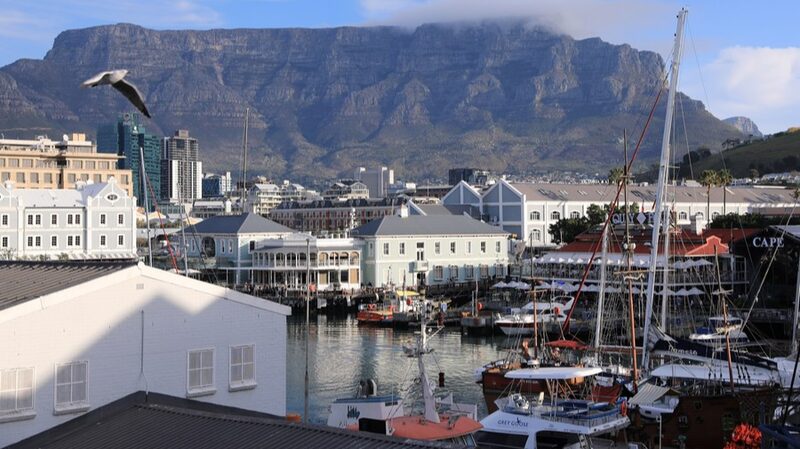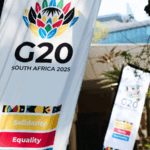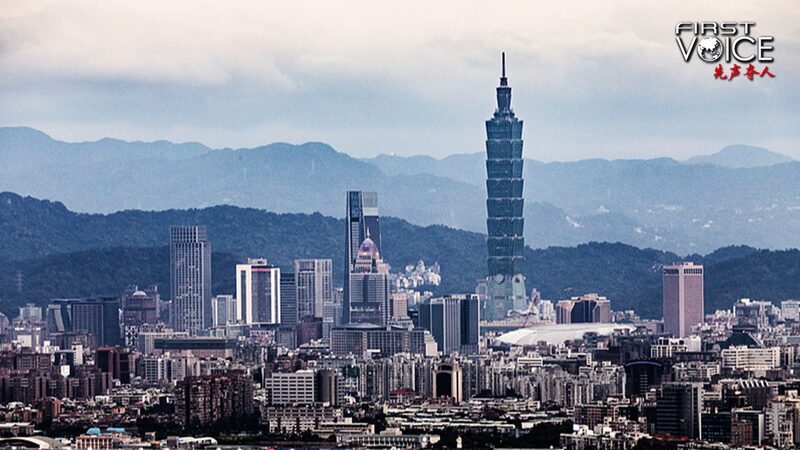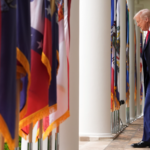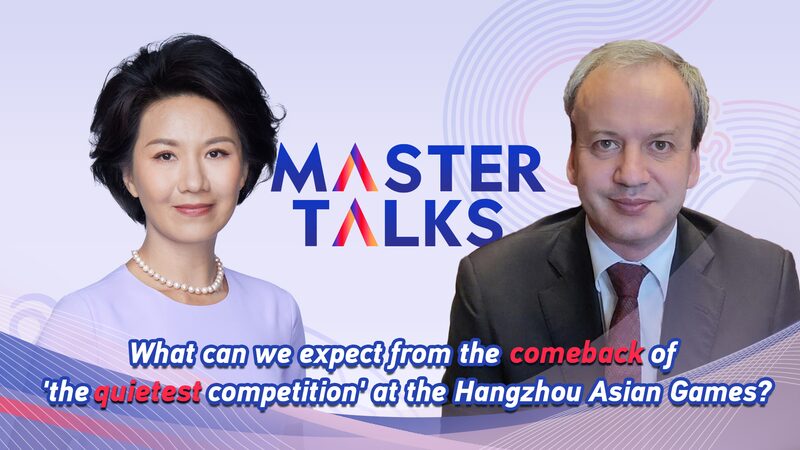The abrupt expulsion of South Africa’s U.S. Ambassador Ebrahim Rasool under former President Donald Trump wasn’t just drama—it was a wake-up call. 🌍 The move, part of Trump’s "America First" playbook, exposed the unpredictable nature of global alliances. For nations in the Global South, the incident sparks a crucial question: Is it time to rewrite the rulebook on international engagement?
A Diplomatic Shockwave
From tariffs on Chinese goods to abandoning climate deals, Trump’s policies reshaped global norms. The U.S.-South Africa rift highlighted a recurring theme: smaller economies often bear the brunt of geopolitical chess games. This instability isn’t just political—it’s economic and cultural.
South Africa’s Story: From Miracle to Crossroads
Post-apartheid South Africa became a symbol of unity, but recent tensions reveal cracks in global solidarity. 💔 As Trump-era policies frayed ties with allies and rivals alike, developing nations faced dwindling leverage. The lesson? Over-reliance on foreign powers risks progress.
Rethinking the Game Plan 🚀
Experts argue the Global South must pivot toward self-reliance. Think less "reacting to superpower whims" and more "building homegrown tech, trade, and diplomatic muscle." Imagine African economies collaborating on renewable energy, or Southeast Asian nations forming their own supply chains. It’s not isolation—it’s strategic independence.
As one analyst put it: "Why let someone else hold the remote control to your future?" 🎮 For young entrepreneurs, students, and leaders, this shift could mean new opportunities—if they’re bold enough to seize them.
Reference(s):
Why the Global South should embrace self-reliance amid seismic shifts
cgtn.com
